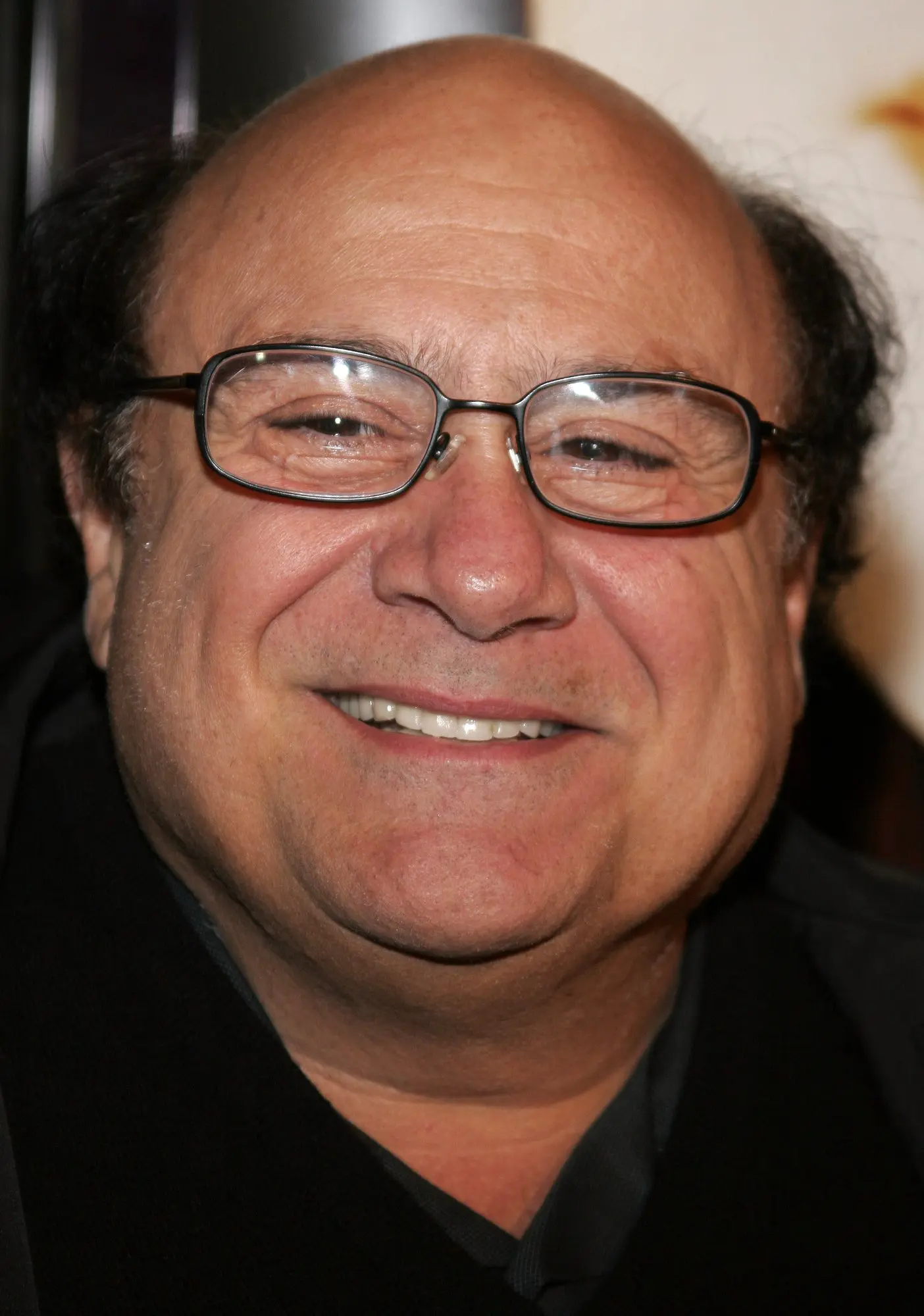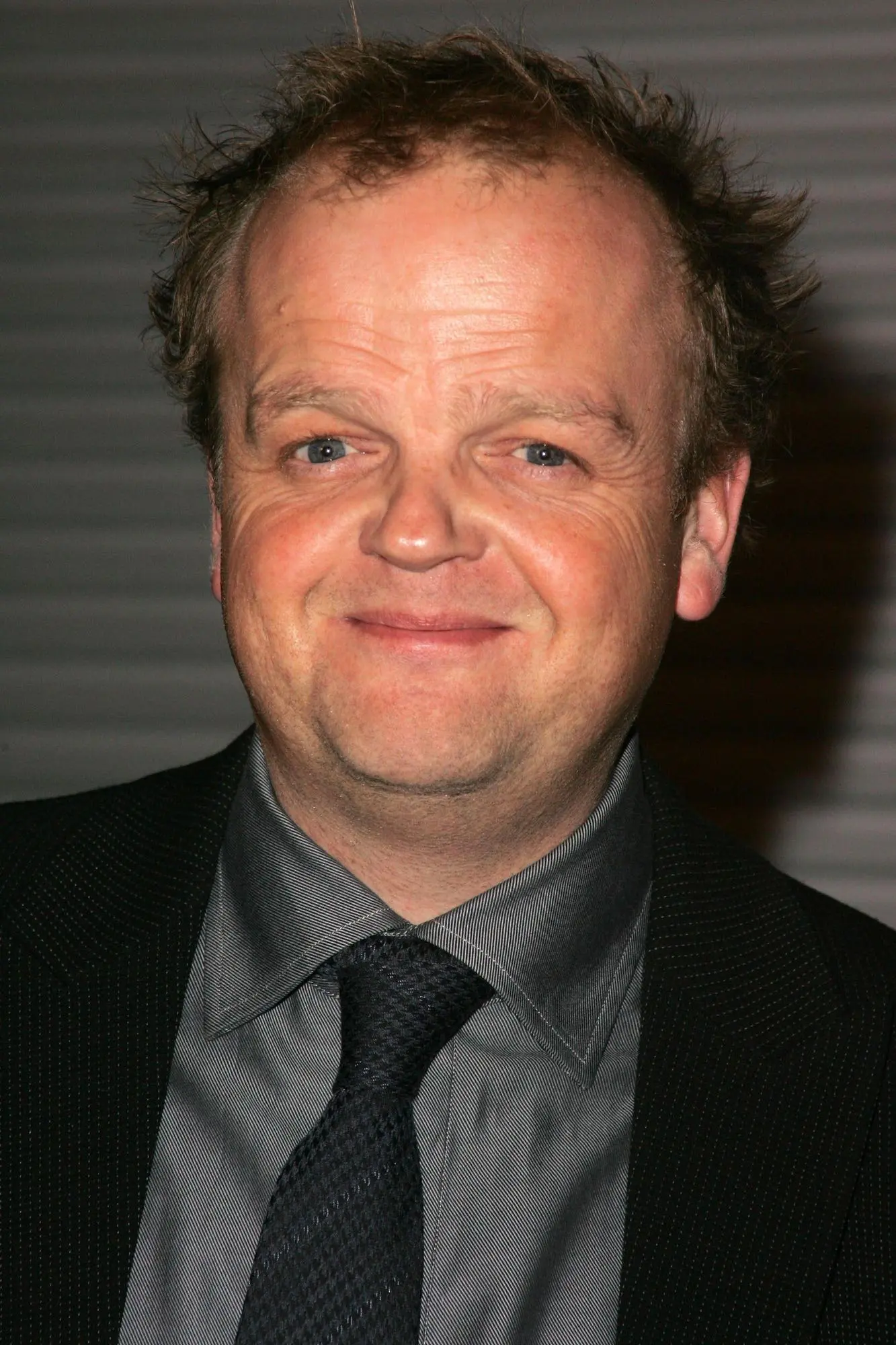The Big Short Actors: A Stellar Cast Behind The Oscar-Winning Film
Who are "the big short actors"? They're the stars of the Oscar-winning film, "The Big Short", which tells the true story of a group of investors who bet against the housing market in the lead-up to the 2008 financial crisis.
The film follows the investors as they try to convince the big banks that the housing market is about to collapse, but no one believes them. Eventually, the market does collapse, and the investors make a fortune.
The big short actors are all talented actors who bring the characters to life. Christian Bale plays Michael Burry, Steve Carell plays Mark Baum, Ryan Gosling plays Jared Vennett, and Brad Pitt plays Ben Rickert.
| Actor | Role |
|---|---|
| Christian Bale | Michael Burry |
| Steve Carell | Mark Baum |
| Ryan Gosling | Jared Vennett |
| Brad Pitt | Ben Rickert |
The performances of the big short actors are all excellent, and they help to make the film a success. The film is a fascinating look at the financial crisis, and it's a must-see for anyone who wants to understand what happened.
The Big Short Actors
The big short actors are a group of investors who bet against the housing market in the lead-up to the 2008 financial crisis. They made a fortune when the market collapsed, and their story was told in the Oscar-winning film, "The Big Short".
Key Aspects of the Big Short Actors' Success
- They were able to see the housing bubble for what it was, and they were willing to bet against it.
- They were able to convince the big banks that the housing market was about to collapse, even though no one else believed them.
- They were able to withstand the pressure from the big banks and the media, and they stuck to their convictions.
The Importance of the Big Short Actors
The big short actors played a vital role in the 2008 financial crisis. They helped to expose the corruption and greed that led to the crisis, and they helped to hold the big banks accountable.
- Drake Hogestyn
- Which Members Of Little Big Town Are Married
- Elon Musk Father Net Worth
- Jacob Elordi Pirates Of The Caribbean
- Dolph Lundgren Height
The big short actors are an inspiration to us all. They show us that it is possible to stand up to the powerful and to fight for what we believe in.
Personal Details and Bio Data of the Big Short Actors
| Actor | Date of Birth | Place of Birth |
|---|---|---|
| Christian Bale | January 30, 1974 | Haverfordwest, Wales |
| Steve Carell | August 16, 1962 | Concord, Massachusetts |
| Ryan Gosling | November 12, 1980 | London, Ontario, Canada |
| Brad Pitt | December 18, 1963 | Shawnee, Oklahoma |
The Big Short Actors
The Big Short actors played a pivotal role in exposing the corruption and greed that led to the 2008 financial crisis. Their story is told in the Oscar-winning film, "The Big Short".
- Astute Investors: They recognized the housing bubble and bet against it.
- Courageous Whistleblowers: They spoke out against the big banks, despite pressure.
- Tenacious Researchers: They meticulously analyzed data to support their claims.
- Skilled Negotiators: They convinced banks to sell them credit default swaps.
- Resilient Individuals: They withstood ridicule and skepticism.
- Visionary Thinkers: They foresaw the consequences of the housing market collapse.
- Agents of Change: They helped trigger investigations and reforms.
The Big Short actors are an inspiration to us all. They show us that it is possible to stand up to the powerful and to fight for what we believe in. Their story is a reminder that even small actions can make a big difference.
| Actor | Date of Birth | Place of Birth |
|---|---|---|
| Christian Bale | January 30, 1974 | Haverfordwest, Wales |
| Steve Carell | August 16, 1962 | Concord, Massachusetts |
| Ryan Gosling | November 12, 1980 | London, Ontario, Canada |
| Brad Pitt | December 18, 1963 | Shawnee, Oklahoma |
Astute Investors
In the midst of the housing boom, the big short actors emerged as astute investors who recognized the inherent risks and vulnerabilities of the market. They meticulously analyzed data, identified the unsustainable lending practices, and anticipated the impending collapse.
- Visionary Analysis: The investors conducted thorough research, studying economic indicators, housing prices, and mortgage data. They recognized the unsustainable rise in home values and the increasing subprime lending, which laid the foundation for the impending crisis.
- Contrarian Approach: Unlike most investors who were caught up in the euphoria of the housing market, the big short actors took a contrarian approach. They identified the market's overvaluation and predicted its eventual decline, even when their views were met with skepticism and resistance.
- Calculated Bets: Armed with their analysis, the investors placed calculated bets against the housing market. They purchased credit default swaps (CDS), which were insurance-like contracts that would pay out if the housing market collapsed. These bets demonstrated their confidence in their predictions and their willingness to take calculated risks.
- Resilience Amidst Skepticism: The big short actors faced immense skepticism and criticism from the financial industry and the media. However, they remained steadfast in their convictions, withstanding the pressure to conform or abandon their positions.
The astute investments made by the big short actors underscore their exceptional foresight and analytical skills. Their ability to recognize the housing bubble and bet against it not only resulted in substantial financial gains but also played a crucial role in exposing the systemic risks that led to the 2008 financial crisis.
Courageous Whistleblowers
In the face of overwhelming pressure and potential retaliation, the big short actors emerged as courageous whistleblowers, using their voices to expose the reckless and fraudulent practices within the financial industry that led to the 2008 financial crisis.
- Unveiling Wrongdoings: The investors meticulously gathered evidence of widespread misconduct, including predatory lending, inflated credit ratings, and conflicts of interest. They presented their findings to regulators, financial institutions, and the media, despite the risks to their reputations and careers.
- Challenging the Status Quo: The big short actors challenged the prevailing narrative promoted by Wall Street and the financial media, which downplayed the risks and portrayed the housing market as stable. They publicly criticized the big banks' reckless behavior, calling for greater transparency and accountability.
- Facing Retaliation: The investors faced intense pressure and retaliation from the financial industry. They were threatened with lawsuits, ostracized by colleagues, and subjected to personal attacks. However, they remained resolute in their commitment to expose the truth.
- Impact on Regulatory Changes: The whistleblowing efforts of the big short actors contributed to the passage of the Dodd-Frank Wall Street Reform and Consumer Protection Act, which was designed to prevent future financial crises by increasing regulation and transparency in the financial industry.
The courageous actions of the big short actors as whistleblowers played a pivotal role in shedding light on the systemic risks within the financial system. Their unwavering determination to speak out against wrongdoing, despite the personal and professional costs, serves as a testament to their integrity and commitment to the public good.
Tenacious Researchers
In uncovering the impending housing market collapse, the big short actors embodied the qualities of tenacious researchers, meticulously analyzing vast amounts of data to support their claims and challenge conventional wisdom.
- Unveiling Hidden Trends: The investors delved into complex financial data, employing statistical models and analytical tools to identify hidden trends and patterns. Their rigorous analysis revealed the unsustainable rise in subprime lending, the overvaluation of housing prices, and the interconnectedness of the financial system.
- Challenging Conventional Wisdom: Armed with data-driven insights, the big short actors challenged the prevailing narrative promoted by Wall Street and the financial media. They presented evidence that contradicted the claims of stability and growth, highlighting the underlying risks and vulnerabilities.
- Uncovering Systemic Risks: Through their meticulous research, the investors uncovered systemic risks within the financial system. They identified the excessive leverage, lack of transparency, and conflicts of interest that contributed to the impending crisis.
- Laying the Groundwork for Predictions: The big short actors' tenacious research laid the groundwork for their accurate predictions of the housing market collapse. Their data-driven analysis enabled them to anticipate the ripple effects that would spread throughout the financial system.
The tenacious research conducted by the big short actors was instrumental in exposing the flaws and vulnerabilities within the financial system. Their ability to analyze complex data, challenge conventional wisdom, and uncover systemic risks allowed them to not only predict the impending crisis but also to provide a roadmap for understanding its causes and consequences.
Skilled Negotiators
In the complex financial landscape leading up to the 2008 financial crisis, the big short actors exhibited remarkable negotiating skills, persuading major banks to sell them credit default swaps (CDS) financial instruments that would ultimately yield substantial profits when the housing market collapsed.
- Understanding Market Dynamics: The investors possessed a deep understanding of the financial markets and the risks associated with subprime mortgages. They recognized the potential for a housing market collapse and the subsequent value of CDS, which would pay out if mortgage-backed securities defaulted.
- Exploiting Market Inefficiencies: The big short actors identified inefficiencies in the market, where banks were underpricing CDS due to their limited understanding of the underlying risks. They capitalized on this by offering to buy CDS at prices that were below their true value.
- Leveraging Market Psychology: The investors used their negotiating skills to leverage the banks' fear and uncertainty about the housing market. They presented compelling data and analysis to persuade the banks that the market was overheated and that CDS were a valuable hedge against potential losses.
- Building Relationships and Trust: The big short actors established relationships with key individuals within the banks, building trust and rapport. They demonstrated their expertise and professionalism, which instilled confidence in the banks and made them more receptive to their proposals.
The skilled negotiations of the big short actors were instrumental in securing favorable terms for their CDS purchases. These transactions not only allowed them to profit from the collapse of the housing market but also provided them with valuable insights into the systemic risks that were prevalent in the financial system.
Resilient Individuals
In the face of immense skepticism and ridicule, the big short actors demonstrated extraordinary resilience, unwavering in their convictions and relentless in their pursuit of truth. This fortitude was a defining characteristic that set them apart and enabled them to persevere in the face of adversity.
The financial industry and the media largely dismissed the big short actors' predictions of a housing market collapse. They were labeled as "doomsayers" and "pessimists," and their views were met with condescension and mockery. Despite these challenges, the big short actors remained steadfast in their beliefs, refusing to succumb to groupthink or abandon their analysis.
Their resilience was instrumental in exposing the systemic risks that led to the 2008 financial crisis. By withstanding the pressure to conform, the big short actors maintained their objectivity and analytical rigor, allowing them to uncover the truth that others had missed.
The resilience of the big short actors serves as a reminder of the importance of independent thinking and the courage to challenge conventional wisdom. In a world often driven by hype and herd mentality, their example underscores the value of critical analysis and unwavering conviction.
Visionary Thinkers
The visionary thinking of the big short actors was a defining characteristic that set them apart from their peers. They possessed an uncanny ability to see beyond the immediate euphoria of the housing market and anticipate the catastrophic consequences that would unfold. This foresight was not merely a matter of luck or chance but the result of deep analysis, critical thinking, and a willingness to challenge conventional wisdom.
Unlike many investors who were swept up in the speculative frenzy, the big short actors diligently studied economic data, housing market trends, and mortgage lending practices. They identified the unsustainable rise in subprime lending, the loosening of credit standards, and the inherent risks associated with complex financial instruments such as collateralized debt obligations (CDOs) and credit default swaps (CDS).
Their visionary thinking extended beyond simply recognizing the risks; they accurately predicted the chain reaction that would be triggered by a collapse in the housing market. They foresaw the widespread defaults on subprime mortgages, the plummeting value of mortgage-backed securities, and the domino effect that would destabilize the entire financial system.
The big short actors' foresight was not only remarkable but also essential in exposing the systemic risks that led to the 2008 financial crisis. By challenging the prevailing narrative and raising the alarm about the impending collapse, they played a pivotal role in bringing about regulatory changes and reforms aimed at preventing future crises.
Agents of Change
The big short actors were not only successful investors but also agents of change. Their actions helped trigger investigations and reforms that aimed to prevent a recurrence of the financial crisis. Here are some specific ways in which they contributed to this process:
- Whistleblowing: The big short actors publicly exposed the reckless and fraudulent practices within the financial industry, bringing these issues to the attention of regulators and the media. Their whistleblowing efforts played a crucial role in raising awareness about the systemic risks that led to the crisis.
- Testifying before Congress: Several of the big short actors testified before congressional committees, providing valuable insights into the causes of the crisis and recommending reforms to prevent future meltdowns. Their testimony helped shape public policy and led to the passage of the Dodd-Frank Wall Street Reform and Consumer Protection Act.
- Media appearances: The big short actors actively participated in media interviews and public speaking events, sharing their knowledge and perspectives on the financial crisis. These appearances contributed to educating the public and policymakers about the importance of financial regulation and transparency.
- Collaboration with regulators: The big short actors worked closely with regulators to provide information and analysis, assisting in the investigations into the causes of the crisis. Their cooperation helped strengthen the regulatory framework and improve the resilience of the financial system.
The actions of the big short actors as agents of change contributed to a greater understanding of the factors that led to the 2008 financial crisis. Their efforts helped bring about reforms designed to prevent or mitigate the impact of future crises, thereby safeguarding the stability of the financial system and protecting the interests of investors and consumers.
FAQs about the Big Short Actors
The Big Short actors played a pivotal role in exposing the financial crisis of 2008. Here are answers to some frequently asked questions about their involvement:
Question 1: What motivated the Big Short actors to bet against the housing market?
The Big Short actors were motivated by a combination of factors, including their analysis of the unsustainable lending practices, the overvaluation of housing prices, and the lack of transparency in the financial industry. They believed that the housing market was due for a correction and that they could profit from this downturn.
Question 2: How did the actions of the Big Short actors contribute to the financial crisis?
The Big Short actors' actions did not cause the financial crisis, but they did play a role in exposing the systemic risks within the financial system. By betting against the housing market, they helped to create a negative feedback loop that contributed to the collapse of the housing bubble and the ensuing financial crisis.
Question 3: What lessons can we learn from the Big Short actors?
The Big Short actors' story teaches us the importance of critical thinking, skepticism, and courage in the face of adversity. It also highlights the need for strong financial regulation and transparency to prevent future financial crises.
Summary: The Big Short actors played a complex and controversial role in the events leading up to the financial crisis of 2008. Their actions were motivated by a combination of factors, and their impact is still debated today. However, their story offers valuable lessons about the importance of critical thinking, skepticism, and financial regulation.
Conclusion
The big short actors played a pivotal role in exposing the systemic risks that led to the 2008 financial crisis. Their actions as investors, whistleblowers, researchers, negotiators, and agents of change contributed to a greater understanding of the factors that caused the crisis and helped bring about reforms designed to prevent or mitigate future meltdowns.
The story of the big short actors is a reminder of the importance of critical thinking, skepticism, and courage in the face of adversity. It also highlights the need for strong financial regulation and transparency to protect the stability of the financial system and the interests of investors and consumers.
- Andy Griffith The Darlings
- Rebecca Muir
- Giantess Katelyn
- Chris Norman And Suzi Quatro
- Bane Character In Batman Movie

A beállításról hűvös acél famous short actors 730 Önéletrajz pubertás

Danny DeVito Joe Pesci Hoffa Devito Danny Jimmy Nicholson Jack

44 Famous Short Actors List of Short Male Actors